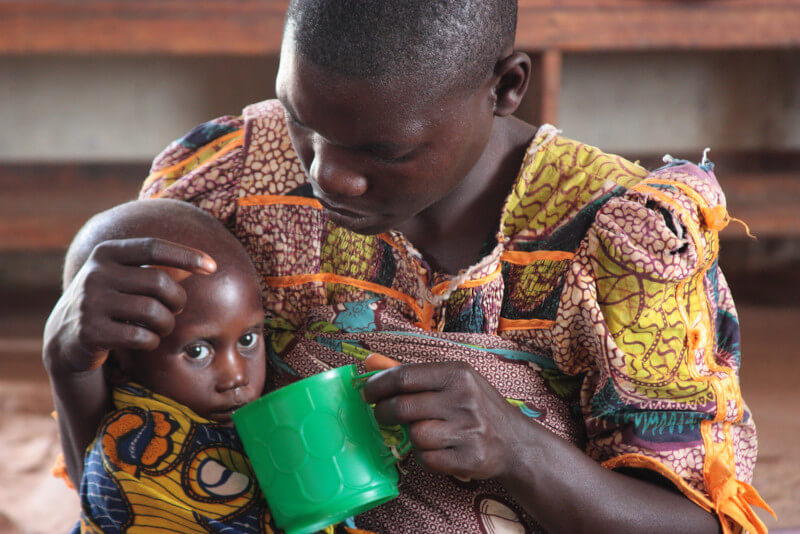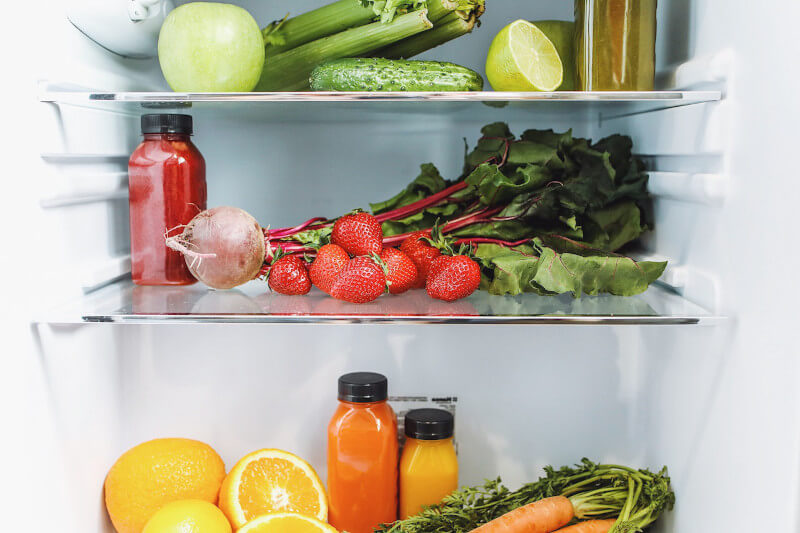Tuberculosis has been recognised as a social illness for ages. It thrives in low-income communities because of societal variables like hunger, overcrowding, dangerous working conditions, and social shame.
In 2021, malnutrition was responsible for approximately 2.2 million TB cases worldwide, whereas HIV infection was responsible for 0.86 million, alcohol use disorders for 0.74 million, smoking for 0.69 million, and diabetes for 0.37 million.
However, understanding the interplay between individual and societal factors is only half the battle. The RATIONS study was conducted in India to see if providing families with individuals who have pulmonary tuberculosis with nutritional supplements would reduce the number of new TB cases in those homes. According to the findings, supplying food baskets to TB patients and their families can help significantly in the fight against the disease.
There Are No Quick Fixes
The tuberculosis community has historically sought biological “silver bullets” for a social pathology, and as a result, we have made very little headway.
Global TB deaths and cases have both increased since the COVID-19 epidemic, reestablishing TB as the leading infectious cause of death worldwide.
There will be 1.6 million TB-related deaths in 2021. 212 new cases of tuberculosis are reported for every 100,000 people in Africa, and the disease has an elevated mortality rate due to the ongoing HIV epidemic.
The Leading Cause of Tuberculosis is Malnutrition
Studies in several nations have proved this to be the case, including one conducted in South Africa, where scientists discovered low levels of nutrition among patients sent to a dedicated tuberculosis hospital.
Malnutrition encompasses not only being undernourished but also being overweight. A lack of nutrients is what is meant by the term “undernutrition.” While it is well-known that many TB patients have nutritional deficiencies, recent research suggests that undernutrition may also play a significant role in TB transmission within families.

Improved nutrition in the relatives of people with lung TB decreased the risk of TB by about 40% and infectious TB by nearly 50%, according to the findings of the Reducing Activation of Tuberculosis by Improvement of Nutritional Status (RATIONS) experiment. Ten thousand three hundred and forty-five family members, friends, and coworkers of 2,800 TB patients in the lungs participated in this study.
Food baskets of 10 kilograms (rice, lentils, milk powder, oil) and vitamin supplements were provided to all TB patients every month for six months. Families in one group were provided with 5 kilogrammes of rice and 1.5 kilogrammes of pulses per person per month, whereas those in the other group were not.
In This Study, the Use of Food as a Vaccination Against Tuberculosis Was Successful
However, the trial’s primary goal was to determine whether or not nutrition might prevent anaemia, diarrhoea, and respiratory infections. According to supplementary research based on the RATIONS trial’s findings, roughly fifty percent of all patients suffered from severe undernutrition.
The chance of dying from tuberculosis was reduced by 60% in those who gained weight rapidly during the first two months of treatment. Increased treatment success and improved weight gain were further advantages. A phenomenal 94% treatment success rate was observed throughout the six-month follow-up period.

Our homes have become our gyms in the wake of the global health crisis, proving…

It’s time to set the record straight and provide you with comprehensive insights into what…

There’s a common misconception that alcohol directly destroys brain cells. Let’s set the record straight.…
Delivering Meals to Sick People
What was the price tag for this help? Food baskets might be provided even in rural regions by deploying field employees and cost R 250 for every TB patient per month and R 75 per family member per month.
The Indian government, anticipating the need for dietary assistance for TB patients even before the RATIONS experiment, introduced the “Nikshay Poshan Yojana” immediate benefit transfer scheme in 2018. Each TB patient who participates in the programme and completes six months of anti-TB therapy (the average period for patients with drug-sensitive TB) receives a monetary incentive of US$6 per month.
New evidence reveals that while the scheme does increase the proportion of TB patients who complete their treatment in India, patients often experience delays in receiving their compensation. There should be an increase in productivity and prompt payment.
The Latest RATIONS Study Indicates That Distributing Food Baskets Directly May Be an Additional Useful Tactic
Food grains are distributed at subsidised costs through public distribution networks in many countries, including India. Extra food rations for persons with tuberculosis may be distributed through preexisting channels, and the menu could be expanded to include proteins like lentils and millets. It’s possible that other disorders, like diabetes, could benefit from this as well.
Potential Effects on South Africa
When it comes to tuberculosis, South Africa is considered a “high TB burden country” by the World Health Organisation.
- The implications of this new study for South Africa are unclear. Statistics In South Africa, 2.6 million people reported having insufficient access to food in 2021, with another 1.1 million reporting “severe” insufficiency. More than 683 thousand kids under the age of five were hungry.
- To combat this lethal concoction, it is essential to provide patients with nutritional support, prescribe anti-TB medications, and implement molecular diagnostic and therapy protocols.
- Social services to individuals with tuberculosis and their households are essential for South Africa to reduce the prevalence of TB and meet its Sustainable Development Goals for 2030, given the country’s high rates of food scarcity and undernutrition, which are fueled by the nation’s greatest degree of inequality.
- Evidence-based decision-making is essential regardless of the method used to divvy up social benefits. The TB epidemic can only be stopped with better diagnostic tools, treatments, and vaccines. As a matter of basic decency, TB patients have a right to the social support services they require and are entitled to get.




